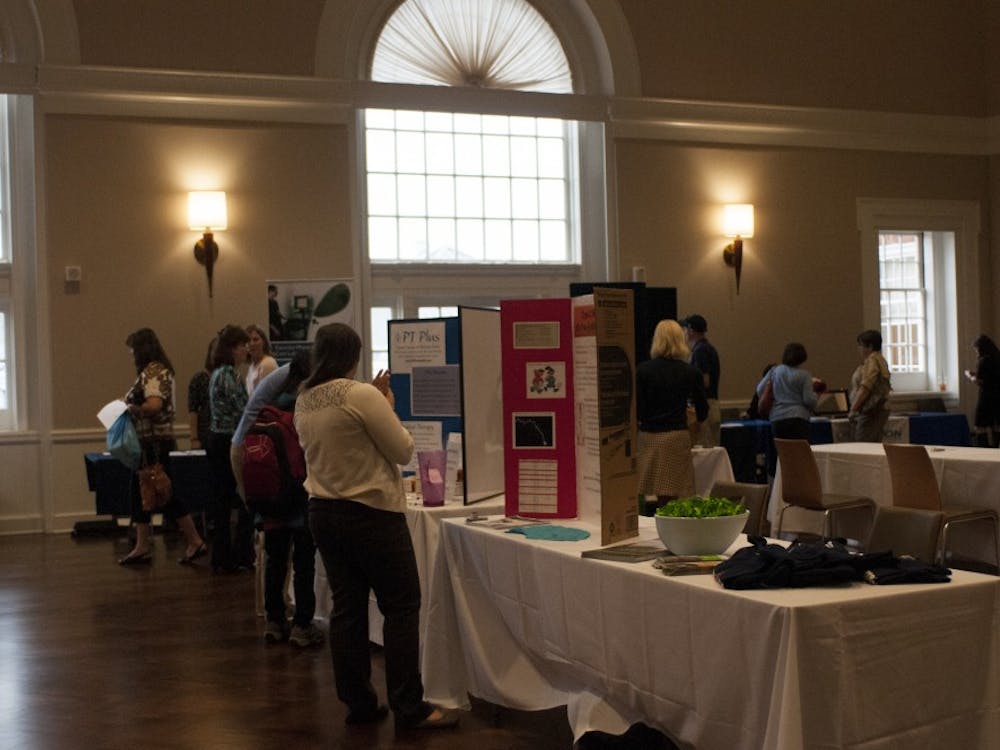Does gold really grow on trees?
By Alexandra Hardesty | November 4, 2013Research by scientists from the Commonwealth Scientific and Industrial Research Organisation recently revealed the discovery of trace amounts of gold in the leaves of eucalyptus trees in western Australia, a phenomenon that could possibly lead to the discovery of gold deposits close by.





